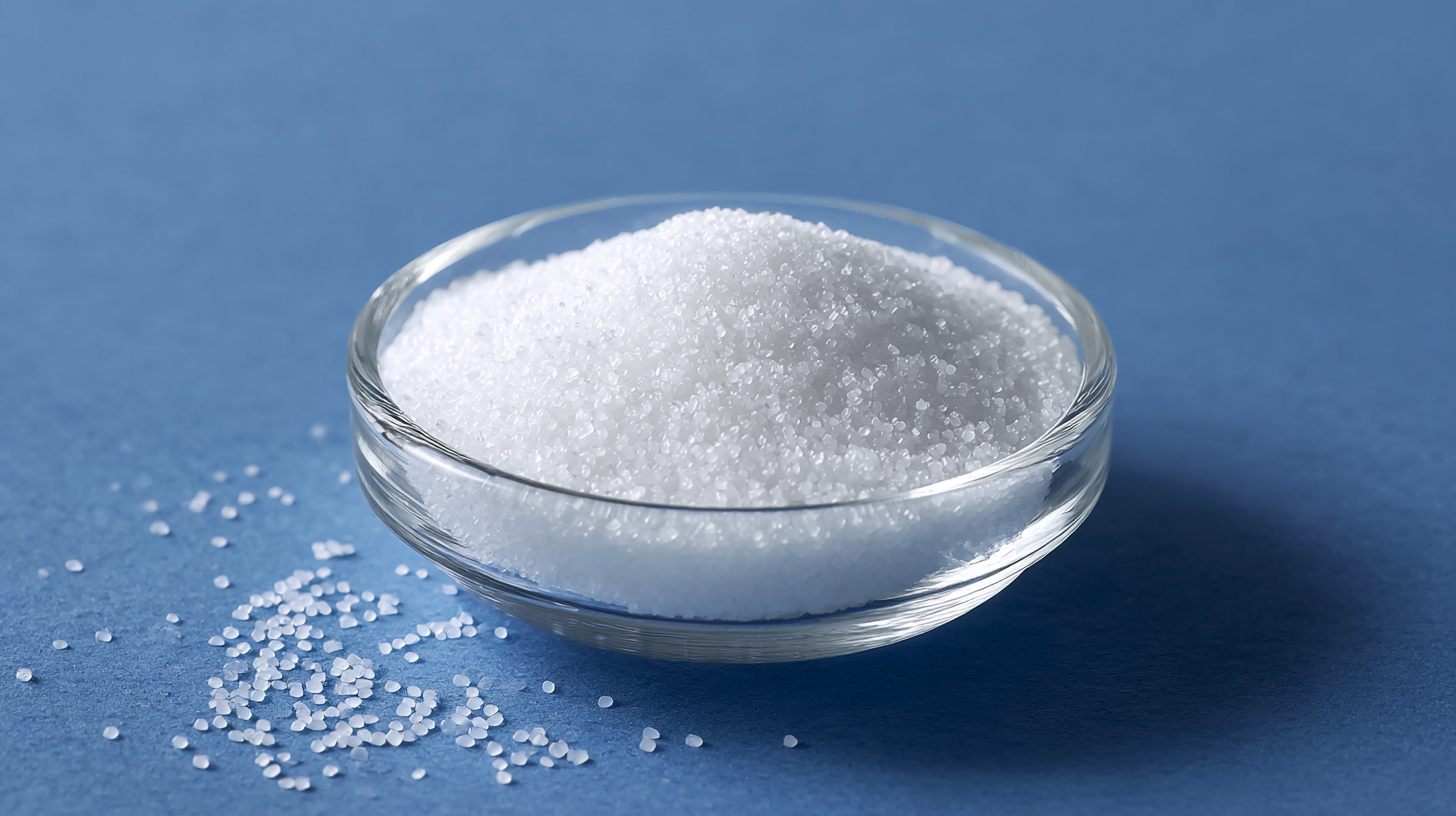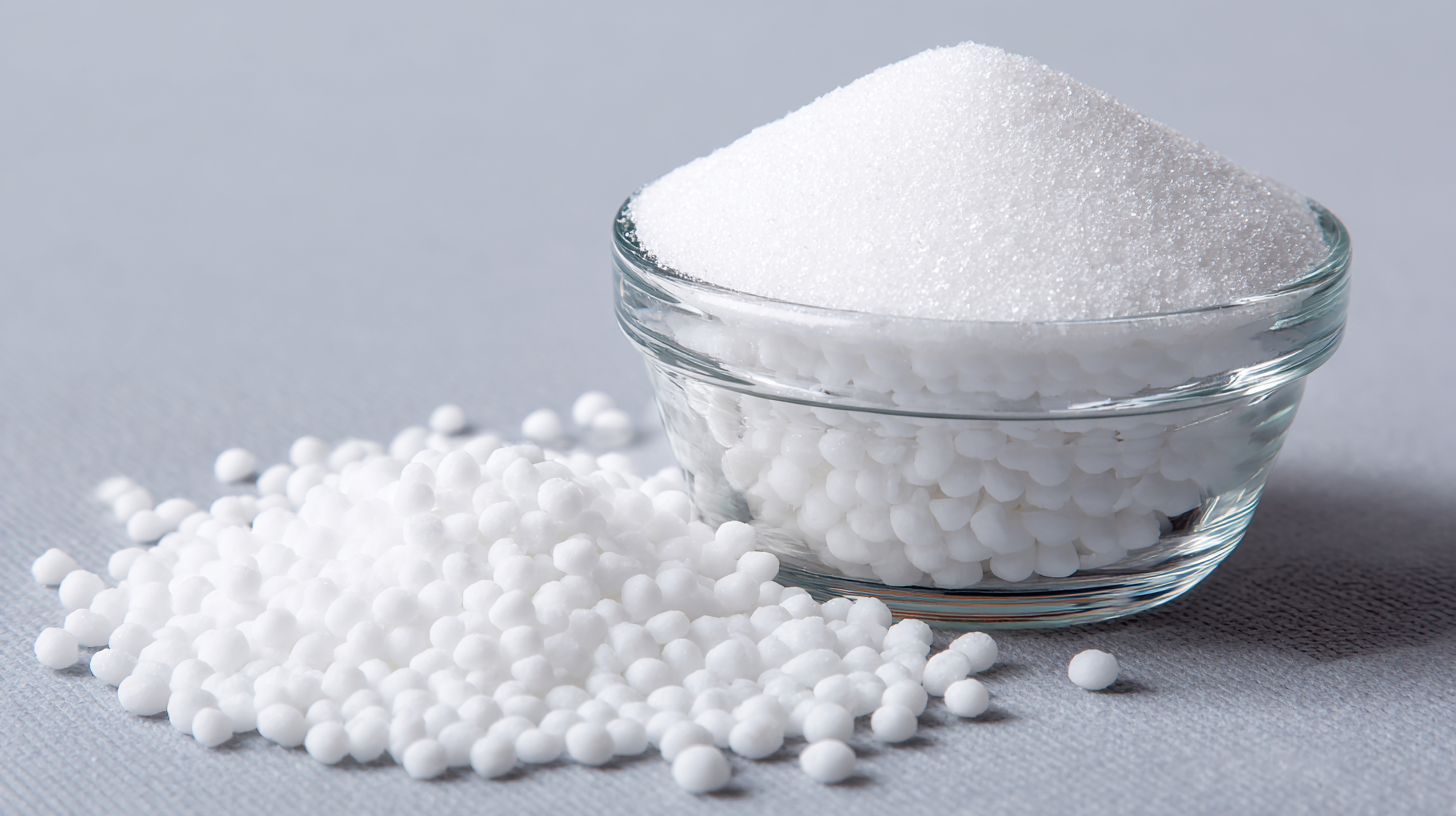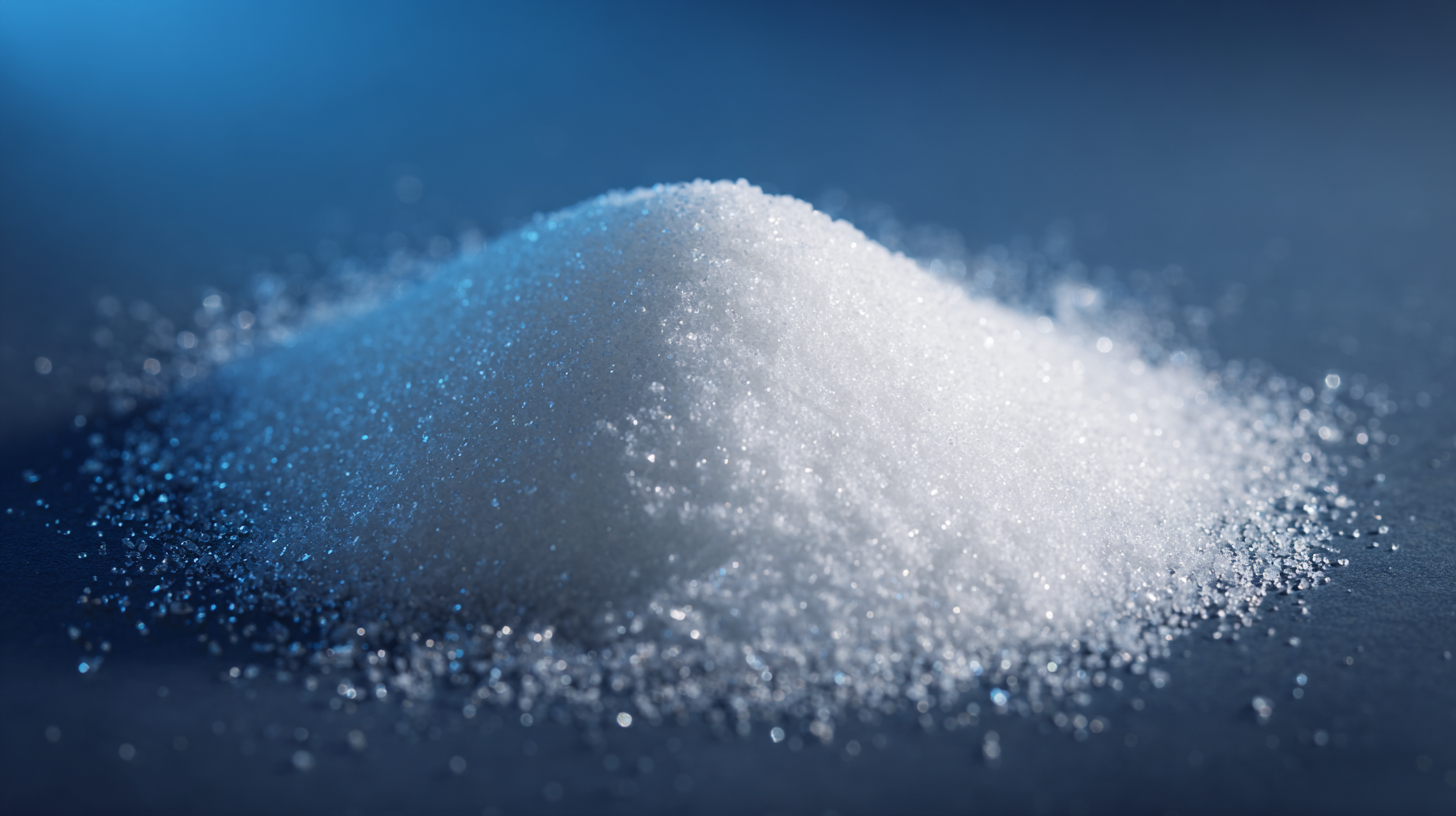As the demand for Potassium Nitrate Granules continues to surge globally, selecting a high-quality manufacturer has become a crucial consideration for businesses in various industries. In 2023, achieving global standards and certifications for these essential agricultural and industrial products is more important than ever. With numerous manufacturers claiming to offer superior quality, the challenge lies in discerning which ones genuinely meet the necessary standards. This blog aims to guide you through the process of identifying reputable manufacturers of Potassium Nitrate Granules, highlighting key certifications to look for and critical factors to consider. By ensuring that you partner with a certified manufacturer, you can not only elevate your product quality but also foster trust and reliability in your supply chain. Let's delve into the essential criteria that will aid you in making an informed decision.

In the agricultural sector, the significance of certification for potassium nitrate granules cannot be overstated. It ensures that the product meets industry standards for quality, safety, and efficacy. According to a report by the International Fertilizer Association, the global demand for potassium nitrate is expected to reach 5.2 million tons by 2025, driven primarily by its use in high-value crops. Certified potassium nitrate granules not only enhance agricultural productivity but also contribute to sustainable farming practices by providing essential nutrients in a controlled manner.

Moreover, certification can significantly impact market access and competitiveness. An analysis from the Fertilizer Institute reveals that products that meet international certification standards experience a 30% increase in export opportunities. These certifications demonstrate compliance with environmental regulations and consumer safety, which are increasingly prioritized by governments and consumers alike. As such, obtaining recognized certifications is a vital step for producers to succeed in a competitive marketplace while ensuring they contribute to the well-being of agronomic systems globally.
When it comes to the certification of potassium nitrate granules, understanding the key global standards is crucial. Various standards influence the quality, safety, and regulatory compliance of these granules. The International Organization for Standardization (ISO) provides guidelines that enhance manufacturing practices, ensuring that the end product meets the expectations of both producers and consumers. Compliance with these standards not only aids in international trade but also reinforces brand reputation in various markets.
Tip: Companies should regularly train their staff on the latest ISO standards and practices to ensure that everyone is aligned with compliance requirements. This proactive approach not only enhances product integrity but also fosters a culture of quality within the organization.
Another critical standard is the ASTM International's specifications, which outline the specific physical and chemical properties required for potassium nitrate granules. Adhering to these specifications guarantees that the product can perform effectively across diverse applications, from agriculture to food preservation.
Tip: Conducting routine audits and assessments against ASTM requirements can help identify potential gaps in production processes, allowing for timely adjustments and continuous improvement in product quality.

When considering the various types of potassium nitrate granules, it's essential to explore alternatives that meet specific agricultural or industrial needs. Traditional potassium nitrate is renowned for its high solubility and effectiveness as a fertilizer, but there are several alternative forms available that cater to different requirements. These alternatives can vary in granule size, nutrient composition, and intended application, providing users the flexibility to choose the most effective product for their situations.
**Tip:** When selecting potassium nitrate granules, consider the specific nutrient needs of your crops or processes. Some alternatives may offer slow-release properties, allowing for longer-lasting nutrient availability, which can enhance the efficiency of your fertilization schedule.
Additionally, advancements in production techniques have spawned granules fortified with other essential nutrients. These multi-nutrient blends can offer added value by addressing deficiencies beyond just potassium and nitrogen. Farmers and manufacturers might find these blended granules more cost-effective in the long run, simplifying their input processes.
**Tip:** Always consult with agronomic experts to determine which alternative potassium nitrate granules will deliver the best results. Conducting soil tests can provide clear insight into what nutrients are lacking, guiding you toward the most suitable option for your needs.
The environmental regulations surrounding potassium nitrate products have become increasingly crucial as the market is projected to showcase a CAGR of over 6.7% from 2025 to 2032. As interest in sustainable agriculture grows, industries are compelled to evaluate their impact on both the environment and human health. Recent studies have highlighted the adverse effects of intensive poultry farming, emphasizing the need for responsible nutrient management, particularly with nitrogen-based fertilizers like potassium nitrate.
Tips for farmers include adopting precision agriculture technologies to minimize nutrient runoff and optimizing fertilizer application timings. Such practices not only enhance crop yield but also align with environmental regulations aimed at protecting soil and water quality.
Moreover, organizations like EFSA have confirmed the safety of existing levels for nitrites and nitrates in food, which reassures consumers about the quality of agricultural products. The ongoing evaluation of environmental impacts, such as the Life Cycle Assessment of smart vineyards, underscores the importance of sustainable practices in farming. Embracing innovative solutions will be key for the potassium nitrate market to not only thrive but also meet global environmental standards.
| Certification Name | Issuing Organization | Environmental Impact Rating | Compliance Level | Geographical Reach |
|---|---|---|---|---|
| ISO 14001 | International Organization for Standardization | Low | Full Compliance | Global |
| REACH | European Chemicals Agency | Moderate | Partial Compliance | EU |
| Fertilizer Regulation (EU) | European Union | Very Low | Full Compliance | EU |
| Green Seal | Green Seal, Inc. | Low | Full Compliance | North America |
| EPA Registration | Environmental Protection Agency | Medium | Full Compliance | USA |
In recent years, the demand for potassium nitrate granules has surged due to their essential role in agriculture and various industrial applications. As the market continues to grow, so does the need for stringent certification processes to ensure product quality and safety. Future trends in potassium nitrate certification are likely to emphasize sustainable practices, with a greater focus on environmental impact assessments. Companies are expected to integrate more advanced technologies like blockchain to enhance traceability, thereby improving compliance with global standards.
Additionally, the evolving regulatory landscape will demand that manufacturers adapt to new guidelines aimed at reducing harmful emissions and promoting responsible sourcing. This may lead to increased partnerships between producers and certification bodies, fostering a collaborative approach to compliance. As stakeholders recognize the importance of maintaining high quality and safety standards, we can anticipate the emergence of more specialized certifications that cater to specific applications in agriculture and the chemical industry, driving innovation and sustainability in the potassium nitrate sector.
